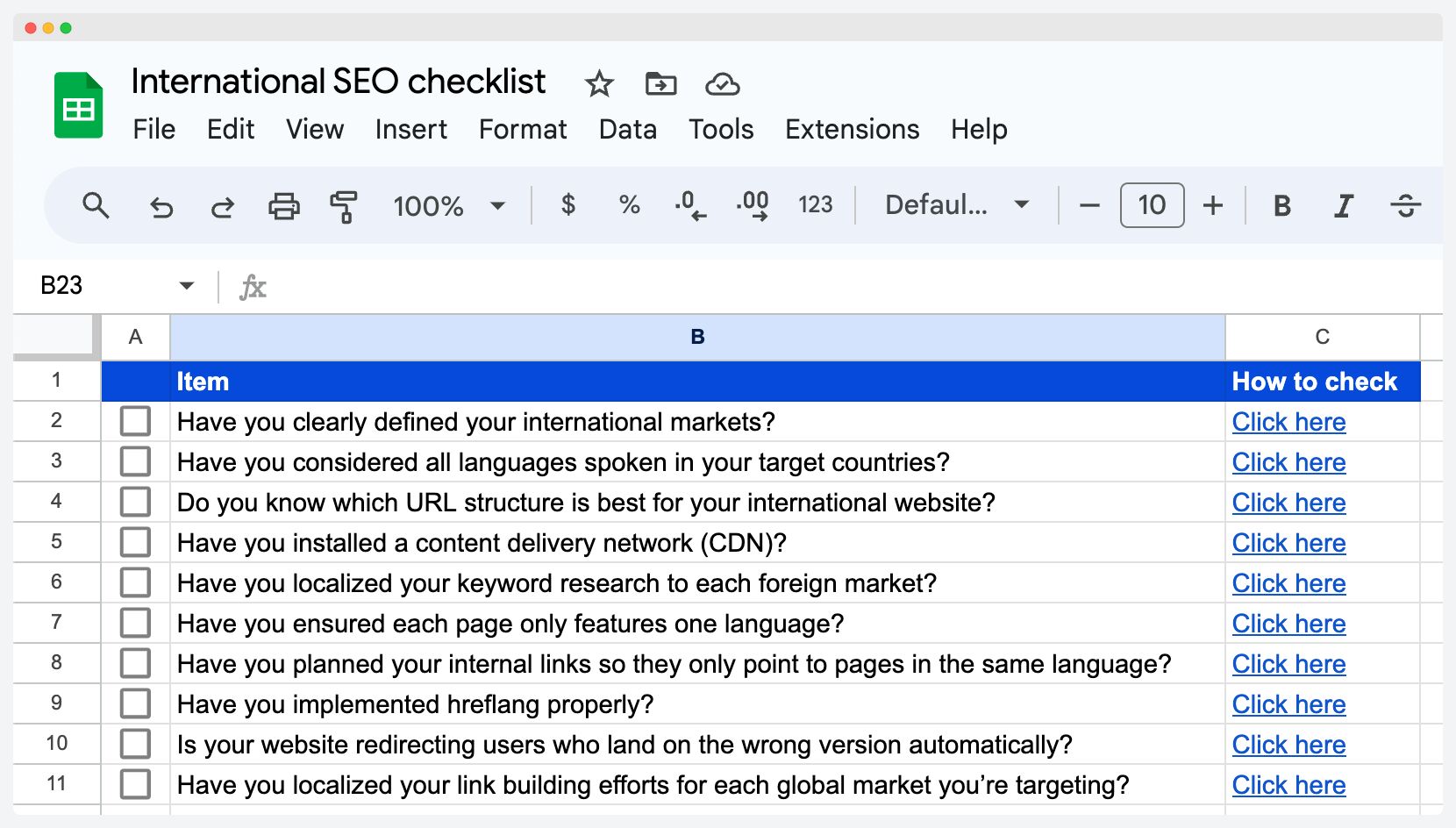Cracking the Code of International SEO: A Comprehensive Overview
Cracking the Code of International SEO: A Comprehensive Overview
Blog Article
Browsing the Digital Landscape: Leveraging International Search Engine Optimization for Cross-Border Success
In today's interconnected electronic world, services are progressively looking past boundaries to tap into worldwide markets. The complexity of navigating the electronic landscape on an international range requires a nuanced technique, from comprehending the basics of International Search engine optimization to carrying out geotargeting and multilingual key words methods.
Recognizing International Search Engine Optimization Principles
Browsing the details of worldwide Search engine optimization requires a solid understanding of basic concepts to successfully increase on-line exposure across boundaries. One essential aspect of international Search engine optimization is comprehending the importance of localization.
In addition, having a clear understanding of geo-targeting is necessary. This involves indicating to online search engine the certain nations or areas an internet site is targeting. Applying hreflang tags is one way to interact this details, making sure that the appropriate variation of a page shows up in the search results for a user in a certain place.
In addition, comprehending the effect of local internet search engine and social media sites systems is vital for global search engine optimization success. As an example, while Google is dominant in several areas, countries like China have their very own internet search engine like Baidu, requiring tailored techniques for every platform to take full advantage of on the internet visibility.

Targeting Multilingual Search Phrase Methods
Establishing multilingual search phrase strategies is necessary for efficiently getting to diverse global audiences and taking full advantage of online exposure across various etymological areas. When targeting multilingual keyword phrase strategies, it is important to conduct extensive study to recognize the specific search terms and expressions made use of by the target audience in each etymological area. This involves not just translating search phrases but likewise considering cultural nuances, regional dialects, and search trends one-of-a-kind to every target market.
To create a successful multilingual search phrase method, it is necessary to focus on relevance and search intent. Key phrases ought to straighten with the material on the website and reverberate with the cultural context of the target audience. Utilizing devices such as Google Keyword Planner, SEMrush, or Ahrefs can assist identify high-performing keyword phrases in different languages and examine their search quantity and competitors level.
In addition, tracking and evaluating the efficiency of multilingual keyword phrases frequently is essential for maximizing and fine-tuning the strategy over time. By continuously adjusting to changes in search behavior and patterns, organizations can improve their on-line presence and attract more international website traffic to their websites.
Applying Geotargeting and Hreflang Tags
When intending to boost worldwide SEO techniques, including geotargeting and hreflang tags is crucial for enhancing site visibility across different areas. Geotargeting involves customizing content to specific areas, guaranteeing that users in different locations get pertinent info. By carrying out geotargeting, organizations can enhance their regional search positions and bring go to my site in region-specific website traffic.

Optimizing Web Site Structure for International Presence
To better improve global SEO techniques beyond geotargeting and hreflang tags, optimizing the internet site structure is crucial for accomplishing global exposure and maximizing reach throughout various areas. A well-structured internet site not only improves individual experience but likewise assists in search engine spiders in understanding the content and context of the site.
Additionally, creating language-specific subdirectories or subdomains can help online search engine deliver the right variation of the internet site to customers based upon their language preferences, additionally boosting the overall individual experience. In addition, enhancing link structures to consist of relevant keyword phrases and geotargeted terms can enhance the site's exposure in various regions. By structuring the site effectively for worldwide target markets, organizations can increase their opportunities of attracting international web traffic and increasing their reach throughout borders.

Monitoring and Evaluating Cross-Border Performance
Effective surveillance and analyzing of cross-border efficiency is essential for reviewing the success of global SEO methods and recognizing chances for improvement in worldwide reach and visibility. By closely tracking vital efficiency signs (KPIs) across different markets, companies can gain valuable understandings right into the efficiency of their cross-border SEO efforts. Keeping an eye on metrics such as organic web traffic, keyword rankings, conversion rates, and bounce rates can give an extensive view of exactly how well a site is doing in different areas.
Examining cross-border efficiency data permits companies to recognize trends, patterns, and areas for optimization. By comparing efficiency click to investigate throughout various countries, regions, or languages, companies can pinpoint successful methods and center web content to much better satisfy certain target audiences. Furthermore, keeping track of cross-border performance makes it possible for businesses to stay nimble his comment is here and responsive in the ever-evolving electronic landscape. Normal evaluation of search engine optimization performance on a worldwide scale ensures that companies can adapt their strategies rapidly to maximize emerging possibilities and keep an one-upmanship in international markets.
Verdict
Finally, international search engine optimization plays a crucial function in attaining cross-border success by maximizing websites for international exposure, targeting multilingual key words techniques, executing geotargeting and hreflang tags, and monitoring cross-border performance. By comprehending the fundamentals of global SEO and enhancing website structures as necessary, services can efficiently reach and engage with their target market throughout different areas and languages. This critical method is vital for broadening market reach and driving online growth in today's digital landscape.
Report this page